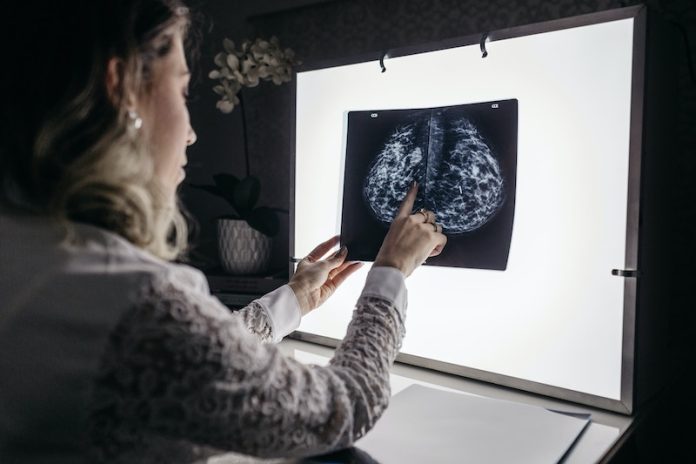
Can you imagine what happens when two brain cells stick together?
It might sound strange, but this is what scientists at The University of Queensland found out while studying viruses like SARS-CoV-2, the one that causes COVID-19.
Professor Massimo Hilliard and Dr. Ramon Martinez-Marmol made this interesting discovery. They were trying to figure out how viruses can change the way our nervous system works.
The nervous system is like a big control center that sends messages all over our bodies, helping us move, think, and feel.
COVID-19 and Brain Cells
Now, you might know that some people who had COVID-19 still feel sick long after the virus is gone. This is known as “long COVID.”
The scientists found out that the COVID-19 virus can still be found in the brains of these people. But what’s even more surprising is what the virus does to the brain cells, or neurons.
Professor Hilliard explained that the virus causes these neurons to stick together or “fuse.”
What’s weirder is that after these cells fuse, they don’t die. Instead, they either start sending messages all at the same time, or they stop working altogether.
To help us understand, Professor Hilliard gave an example. He said that neurons are like wires connecting switches to the lights in a kitchen and a bathroom.
But once these cells fuse, each switch either turns on both lights at the same time, or none of them. This is not good because the kitchen and bathroom lights should work separately!
What Does This Mean?
This discovery is really important because it could explain why some people still have problems with their brains after getting a virus.
Before, scientists thought that when a virus enters the brain, it either kills the cells or causes inflammation, which is like swelling. But now, there’s a third possibility, which is the cells fusing together.
Dr. Martinez-Marmol added that many other viruses, like HIV, rabies, and measles, also make cells fuse in other parts of the body.
These viruses can infect the nervous system too, so they might also be causing the same problem in the brain.
A Team Effort
The scientists want to thank their team members from other universities for their help in this research.
They are really excited about their discovery because it opens a new way of understanding how viruses can affect the brain.
This could be a big step in figuring out how to treat neurological diseases caused by viruses.
If you care about COVID, please read studies about Vitamin D deficiency linked to severe COVID-19, and how diets could help manage post-COVID syndrome.
For more information about brain health, please see recent studies that blueberry supplements may prevent cognitive decline, and results showing higher magnesium intake could help benefit brain health.
The study was published in Science Advances.
Copyright © 2023 Knowridge Science Report. All rights reserved.



